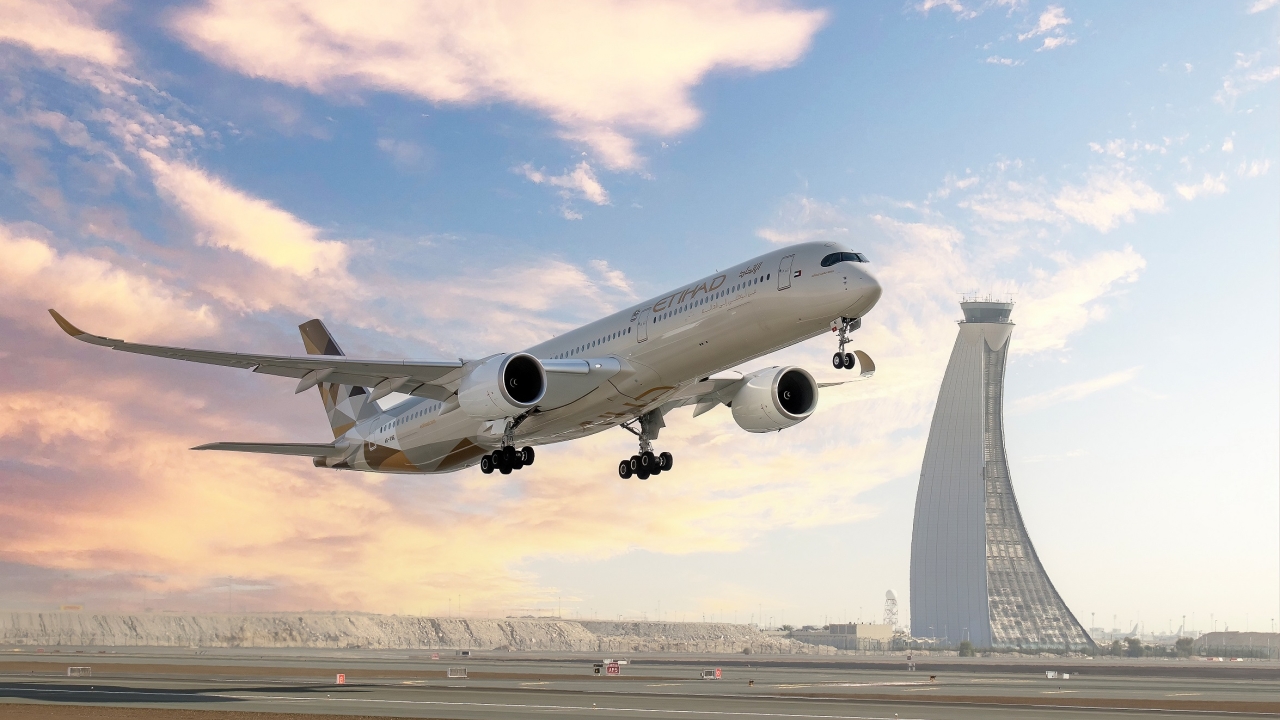A380 production could halt in 2018 stifling Gulf carriers expansion

The European carrier has failed to win any orders for the type during 2014 although Gulf carriers Emirates, Etihad and Qatar Airways have been taking delivery during the year and introducing new innovative levels of comfort to their customers.
Airbus chief financial officer Harald Wilhelm told investors in London that although Airbus will break even on the programme over the next three years, the company may have misjudged the market for the double-decker.
Wilhelm said the company company to either offer new engines to make the A380 more attractive or discontinue the $25billion programme.
There has been much talk of an A380 neo model with Emirates’ president Sir Tim Clark being on of the first to call for the new engines to improve fuel efficiency, a move Airbus is resisting because the cost of doing so doesn’t match demand for the plane.
An engine upgrade would take about four years to develop. Currently the A380s are offered with a choice of engines from Rolls-Royce or The Engine Alliance (a joint venture between GE and Pratt & Whitney).
With orders for 140 A380s since it began, Emirates has been the prime customer. The double deck configuration works well for them and allows major routes with slot restricted airport access to be served well.
According to passenger research, the A380 scores highly for customer comfort and satisfaction. “We hear of passengers who plan their trips around A380 schedules,” Clark told travel writers earlier this year. “It’s a very big cash generator for us. I just open the doors and the people come.”
There has been a total of 318 orders – just over a quarter of its planned market size.
Boeing has also cut back production of its B747-800,
Richard Aboulafia, vice president at the Teal Group and longtime critic of the plane, said the new large twin-engine planes coming to the market will be the death of the A380: “I don’t think it lasts more than a few years into the next decade,” he said.
Stay up to date
Subscribe to the free Times Aerospace newsletter and receive the latest content every week. We'll never share your email address.

